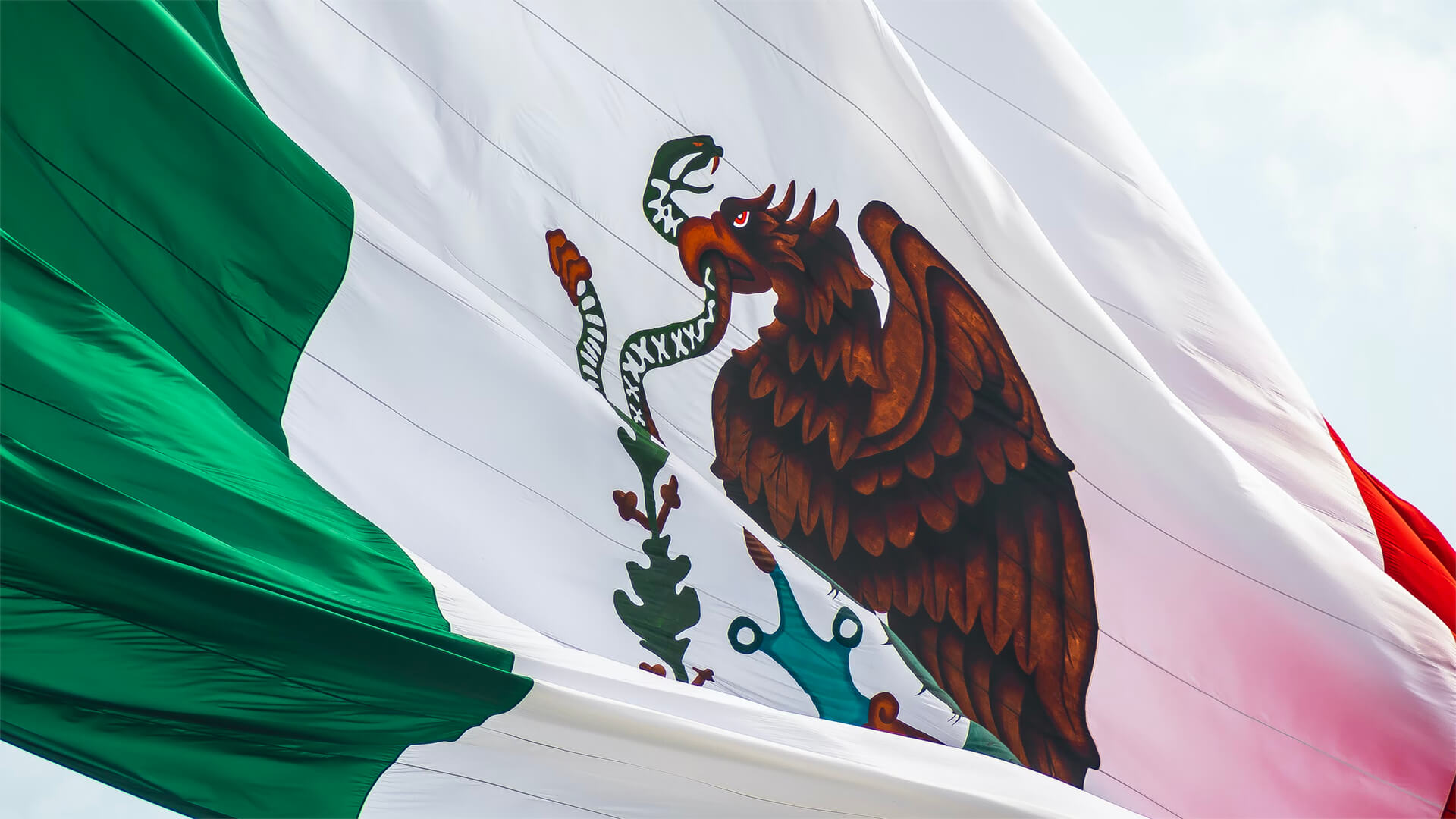As industries like manufacturing ramp up between Mexico and the US, how will the Sinaloa and Jalisco New Generation cartels factor into that equation?
These two cartels operate very differently. The Sinaloa treat their operation like a business, and violence is a means to an end. Jalisco New Generation treats violence and fear as an essential part of their operation.
Despite their violent tendencies, the cartels (1) are uninterested in the complexities of manufacturing, (2) lack the necessary skills to disrupt that sector (from the participant side of things, anyway), and (3) would rather target “easy to manipulate” businesses.
So far, issues caused by the cartels have been relatively manageable. The real risk lies in the power struggle between these two cartels and how that could reshape perspectives on US-Mexico trade.
Here at Zeihan On Geopolitics we select a single charity to sponsor. We have two criteria:
First, we look across the world and use our skill sets to identify where the needs are most acute. Second, we look for an institution with preexisting networks for both materials gathering and aid distribution. That way we know every cent of our donation is not simply going directly to where help is needed most, but our donations serve as a force multiplier for a system already in existence. Then we give what we can.
Today, our chosen charity is a group called Medshare, which provides emergency medical services to communities in need, with a very heavy emphasis on locations facing acute crises. Medshare operates right in the thick of it. Until future notice, every cent we earn from every book we sell in every format through every retailer is going to Medshare’s Ukraine fund.
And then there’s you.
Our newsletters and videologues are not only free, they will always be free. We also will never share your contact information with anyone. All we ask is that if you find one of our releases in any way useful, that you make a donation to Medshare. Over one third of Ukraine’s pre-war population has either been forced from their homes, kidnapped and shipped to Russia, or is trying to survive in occupied lands. This is our way to help who we can. Please, join us.
TranscripT
Hey everybody. Good morning from a chilly colorado. A lot of you have written in with some questions about what’s going on with the cartels. And that’s something we haven’t talked about a little bit. The big issues are that there’s two cartels to really follow. The first is the Sinaloa. That’s the the one that thinks of drug smuggling as a business.
And so, as a general rule, is not willing to shoot people who are among its consumers. And so they don’t think there should be violence in places where their businesses are critical. So they don’t want to shoot people in Mexican cities or certainly not on the north side of the border if they can help it. It’s not that they’re nice.
It’s not that they’re kind of it’s not that they’re murderous thugs. They are all of those evil. They just see violence as a tool rather than an end. And on the other end of the spectrum, you’ve got political new generation who has the opposite view. When they move into a town, the first thing they do is shoot the police chief and anyone who looks interesting because their whole idea is if everyone’s scared of you, then they’ll either work for you or get out of your way.
Two different theories, both very violent. One is more applied in that violence. So that’s kind of the background I’ve been going on and on and on and on and on about how Mexico is going to be an integral part of the American manufacturing and trading system moving forward for decades, if not over a century. That hasn’t changed. The question is, to what degree do the cartels complicate that picture?
Not as much as you might think. The cartels are into things that fit one of two categories. One are small, have high value, are easy to fit into a backpack and smuggle. Obviously, narcotics fall into that category. Methamphetamines falls into that category or they want industries that they can push a lot of cash through in order to launder it.
And that takes something into things like real estate or avocados, where there’s a very clear business on the other end that is integrated into the broader system. So those are kind of the two types of businesses they go for. Anything else gets a little complicated for them because it’s not their skill set. And when it comes to interfering with trade, it doesn’t really work.
So if they were to go into, say, a manufacturing facility in Nogales and try to take over, it’s not like they would know how to operate it. They would be just a protection racket, and that would mean they’d have to be there presently all the time. Assuming that Mexican law enforcement couldn’t deal with it, I think they could.
Then the American investors in that factory would probably lose interest in the whole thing would shut down. So there’s no profit center there. They could raid things that were going in and out of the facility. But manufacturing in Mexico, as a rule, deals with intermediate manufacturers. So you’re not dealing with a lot of finished cars or even finished carburetors.
You’re dealing with things like spark plugs and casings and seat linings. And, you know, if you get a semi full of seat lines and bolts, you know, that’s not exactly something that’s easy to dispose of. You then have to find the next step in the manufacturing chain that wants it, and that requires a degree of logistics that they don’t have a degree of understanding of the industry, that they don’t command and contacts that are completely unrelated to what they do currently.
The biggest risk that I see to the trading relationship is the fight between these two big cartels. Sinaloa is the number one organized crime group in the United States. How that’s going to generation is rapidly growing to be the number one within Mexico. And at the moment, Sinaloa and some other smaller cartels control all the plazas going into the United States for the smuggling of the drugs.
Politico is challenging those other cartels, especially Sinaloa, for control of each and every one of them. And if they do succeed in commanding a plaza and they do pour into our side of North America and bring their business model with them, then Americans are going to be thinking about Mexico and trade in a very different way. Now, that hasn’t happened yet.
They’ve been trying to get into this country for three years now, and organizationally they’re just not nearly as competent as the Sinaloa. Even after their leader, El Chapo, was arrested, extradited and says it’s a prison forever, it’s just a very different mindset. But if you’re going to worry about something in the trade relationship, I think that’s the number one concern.
So far, it’s proven manageable. So far, the culture clash, if you will, is working for us, but that would still be the dangerous spot. All right. I mean, go inside. It’s cold out here, but.








